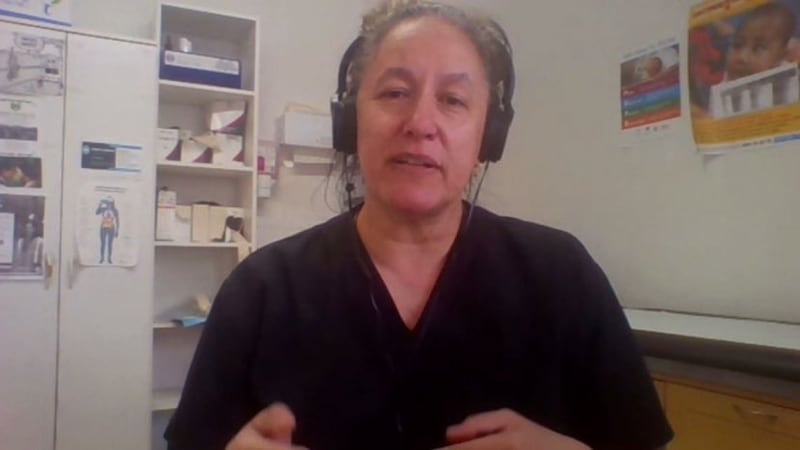University of Auckland Associate Professor Matire Harwood. Photo / File
Rural Māori who suffer strokes experience the worst health outcomes of stroke survivors, a new study says.
Māori who were treated at non-urban hospitals were 75 per cent more likely to have died within 12 months compared to 57 per cent for Non-Māori, the Health Research Council-funded study, Regions Care, says.
"Both findings were independent of whether the person was living outside an urban area, meaning rural Māori were experiencing the worst outcomes overall."
Research programme lead, Professor Anna Ranta from the University of Otago in Wellington, says the differences in outcomes for Māori could not be blamed on risk factors such as lifestyle or socio-economic issues.
“At least some of the differences are likely attributable to unconscious bias and institutional racism in the health service," she says.
An estimated 9,000 people a year suffer strokes in New Zealand, and this is expected to increase by 40 per cent in the next decade.
Previous research has found Māori experience stroke at a younger age, have less access to key treatments and experience poorer outcomes.
Researchers, from the University of Otago, University of Auckland and other partner organisations, asked stroke survivors about their experiences of the health care system, including hospital care and rehabilitation in the community.
“Stroke survivors made many positive comments on the diagnostic process and their care in hospitals but they also talked of negative experiences,” Auckland University Associate Professor Matire Harwood (Ngāpuhi) says.
Māori in the study said they were perplexed by the limited number of Māori hospital staff working in stroke services.
When Māori doctors and other clinicians were available, Māori patients reported feeling safer and more at ease, saying there was already a connection between patient and clinician because of their shared culture. They also stressed the importance of having doctors who spoke Māori to help address cultural and language barriers.
Professor Ranta says researchers are now making concerted efforts to collaborate with Māori health providers, Stroke organisations and the Ministry of Health to develop education programmes on cultural safety and to improve stroke care.

